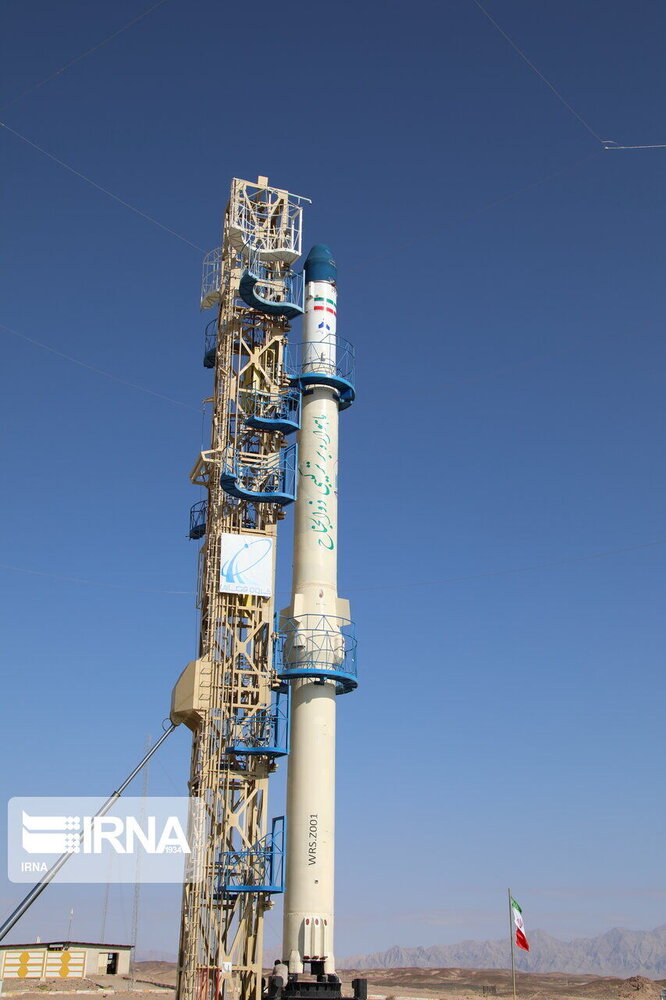
TEHRAN – Iran is designing a number of satellites, some of which are in the row to be launched into space, IRNA reported on Friday.
Pars Plus satellite with an imaging resolution of five meters, Pars 2 with a five-meter resolution multispectral imaging system, and Rasam satellite with four meters resolution multispectral imaging system are among the satellites that are being designed.
The telecommunication Nahid 1 satellite, Zoljanah, Nahid 2, Simorgh, Remote Sensing Tollou, Pars 1, and Zafar 2 are being designed and produced to put satellites at LEO (Low Earth Orbit).
Iran’s strategic purpose for developing the space industry is to expedite space activities including the aerospace industry, tapping the country’s scientific capacities, commercialization of space and space service.
When rockets launch satellites, they put them into orbit in space. There, gravity keeps the satellite on its required orbit – in the same way that gravity keeps the Moon in orbit around Earth.
LEO is generally defined as an orbit below an altitude of approximately 2,000 kilometers (1,200 mi). Given the rapid orbital decay of objects below approximately 200 kilometers (120 mi), the commonly accepted definition for LEO is between 160 kilometers (99 mi) (with a period of about 88 minutes) and 2,000 kilometers (1,200 mi) (with a period of about 127 minutes) above the Earth’s surface. Because it’s so close to Earth, satellites must travel very fast so gravity won’t pull them back into the atmosphere. Satellites in LEO speed along at 17,000 miles per hour (27,359 kilometers per hour)! They can circle Earth in about 90 minutes.

No comments:
Post a Comment